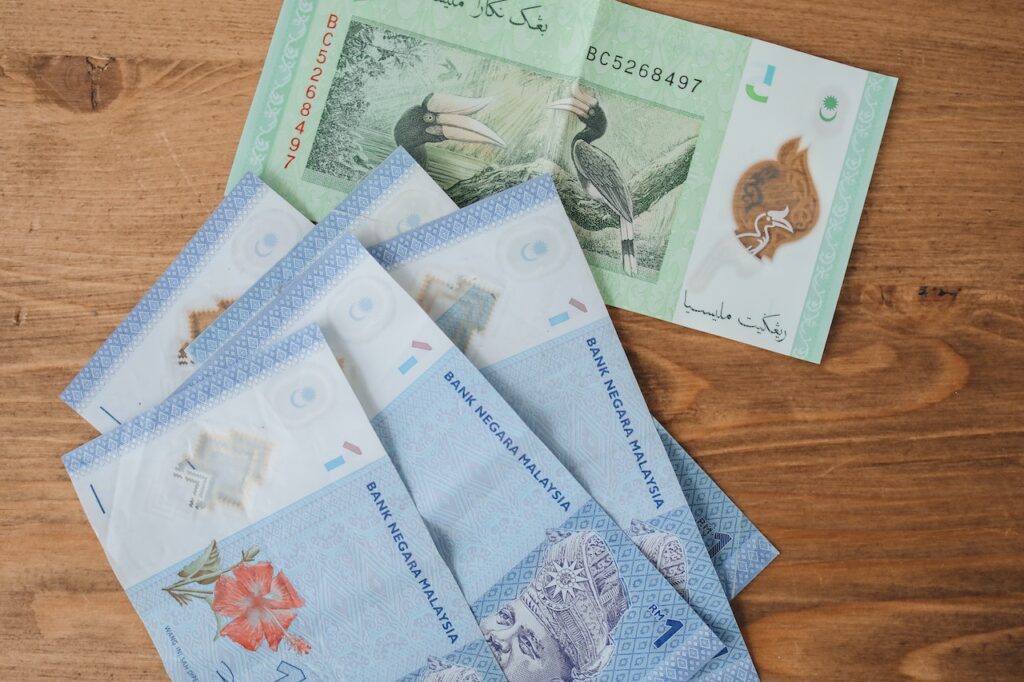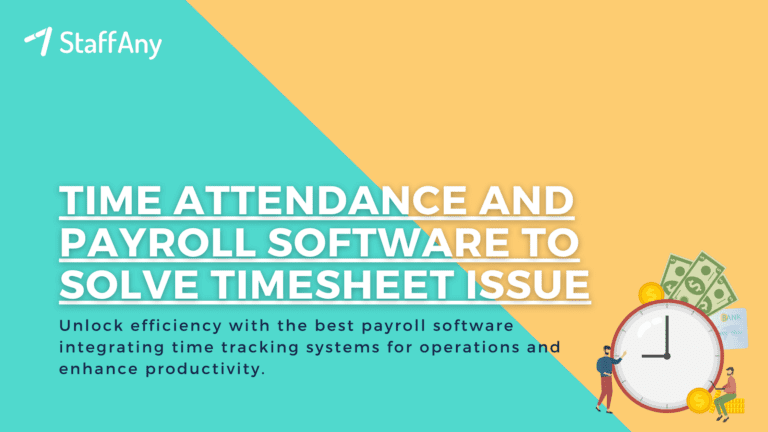Malaysia is a Southeast Asian country with a rapidly growing economy, making it an attractive destination for many people to work. The average salary in Malaysia is an important factor for individuals considering working here, and for companies who want to recruit employees in Malaysia.
This article will provide an overview of the average salary in Malaysia, the basic salary regulations, penalties for failing to meet these regulations, and other payments employees may be entitled to. Let’s find out!
What is the Average Salary in Malaysia?

As of 2023, Malaysia’s average salary in 2023 is around RM 6,590 per month or 1,485 US Dollars (according to the May 2023 exchange rate). However, this is just an estimated number and the actual numbers can be higher or lower and vary depending on the individual’s industry, job title, experience, and location.
For instance, the average basic salary in Kuala Lumpur is significantly higher than in other cities in Malaysia. It is important to note that the basic salary is just the starting point of an employee’s income, and they may be eligible for additional bonuses, allowances, and other forms of compensation.
Read more: What Is An Employee Management System?
Basic Salary Regulations in Malaysia
In Malaysia, there are strict regulations in place to ensure that employees receive a fair basic salary. The main regulation governing basic salaries in Malaysia is the Minimum Wages Order 2022, which sets the minimum basic salary that employers must pay their employees.
This order is reviewed periodically to ensure that employees are paid a fair wage and is updated accordingly.
a. The Minimum Wages Order 2022
Starting 1 May 2022, the Malaysian Minimum Wages Order 2022 has taken effect and raised the minimum monthly salary of workers to RM 1,500. The Order applies to all workers except domestic helpers, but there is a temporary exception for employers who have less than 5 employees until 31 December, 2022. This exemption, however, does not apply to employers engaged in professional activities.
Malaysia’s minimum wage policy itself is determined under the National Wages Consultative Council Act 2011 (Act 732). The National Wages Consultative Council, which is a tripartite body, is established to suggest the minimum wage rate to the government.
After the government gives its approval, the Minister of Human Resources issues a Minimum Wages Order.
The Minimum Wages Order was first introduced in 2012 and became effective on 1 January 2013. Then, it established the minimum wage rates for workers in West Malaysia at RM 900 per month and RM 4.33 per hour, and for those in East Malaysia at RM 800 per month and RM 3.85 per hour.
Prior to the Minimum Wages Order, Malaysia had the Wages Council Act 1947, which aimed to establish a standard for low-wage workers’ salaries. However, the act suffered from several drawbacks, such as infrequent revisions to the wage rate and lengthy and complicated processes.
Through the implementation of the Minimum Wages Order and the National Wages Consultative Act, the government now regularly evaluates the minimum wage every two years to ensure that workers receive appropriate compensation relative to the state of the economy.
Read more: A Complete Guide to Employee Benefits in Malaysia
b. Penalties for Failing to Meet Basic Salary Regulations in Malaysia
It is crucial for employers to abide by the Minimum Wages Order 2022 as failing to pay the minimum wage as outlined in the order constitutes a violation under Section 23 of the National Wages Consultative Council Act 2011.
If found guilty, the employer could face a fine of up to RM 10,000 for each employee they have failed to pay the minimum wage to.
Components of Basic Salary in Malaysia

The basic salary that employees receive in Malaysia is composed of several different components, each of which is important in determining their overall compensation. The three main components of basic salary in Malaysia are:
1. Base Salary
Base salary is the core component of an employee’s compensation and is used to determine their eligibility for other forms of compensation, such as benefits and allowances. The minimum wage for the base salary in Malaysia is determined by the Minimum Wage Order 2022, which is RM 1,500 per month.
2. Benefits
Benefits are additional compensation that employees may be eligible for, over and above their basic salary. These can include medical insurance, paid time off, retirement benefits, and other forms of compensation.
Benefits are often provided by employers as part of a comprehensive compensation package, and are designed to help employees meet their personal and financial needs.
3. Allowances
Allowances are additional payments that employees may be eligible for, in addition to their basic salary and benefits. These can include housing allowances, transportation allowances, and other forms of compensation.
Allowances are typically provided to help employees cover additional expenses associated with their job, such as commuting to work or providing for their housing needs.
Read more: What is Gross Salary: Definition and Components
How Much Is The Average Salary in Malaysia?
Below are the details of the average base salary that a person earns in Malaysia, which include yearly and monthly salaries for 2023. The details range from the country’s overall average to the highest and the lowest:
The Average Annual Salary is around 78.480 MYR (Malaysian Ringgit), which means that the mean monthly salaries that the Malaysians receive, is around 6.540 MYR.
The Highest Annual Salary is about 351.200 MYR, which makes the highest average monthly salary around 29.266 MYR (actual maximum salary is higher).
The Lowest Annual Salary is around 21.540 MYR, which means that the lowest average monthly salary is around 1.795 MYR.
Note: The amount of salaries listed above includes transport and housing benefits. Someone can earn more or less than the amount shown above.
Income Distribution in Malaysia

Let’s see the distribution of salaries in Malaysia for 2023, which will be detailed as follows:
1. Salary Ranges in Malaysia
The average person working in Malaysia earns between 21.540 MYR – 351.200 MYR in a year.
2. Median Monthly Salaries
The amount of Malaysia’s Median Salary is 78.500 MYR per year, also known as the middle salary value in Income Distribution. Median salaries mean that 50% of the Malaysian population earns more than 78.500 MYR annually, while the rest 50% earn less than that.
If a person earns more than the median salary, it’s a good indicator that they are being paid well.
3. Average Monthly Salaries by Education Level
Generally speaking, education level determines on how much a person gains average salary increase in Malaysia. According to World Salaries, below are the comparison of salary increase within each education levels in the same job
Diploma or Post-Secondary Program: earn about 17% more than employees with a high school education;
Undergraduate/Bachelor Program: earn about 25% more than employees who completed a diploma program;
Post-Graduate Program/Master’s Degree Holders: earn about 30% more than employees with a bachelor’s degree;
PhD Program: earn about 22% more than employees with a master’s degree.
The above comparison tells us that employees who successfully pursue a higher education will be paid more even if they are in the same job.
4. Average Salary by Experience
In Malaysia, an employee’s work experience plays a significant role in their salary. According to a 2023 salary report by Salaryexplorer.com:
– Employees with between two to five years of experience earn an average of 32% more than juniors or inexperienced employees.
– Professionals with more than five years of experience have a 36% higher salary than first-time job seekers.
– Employees with 10 and more years of experience earn 21% more, and those with 15 and more years of experience have a 14% higher salary.
In Malaysia, employers typically show a willingness to offer a higher salary to individuals with significant work experience. This is attributed to the increased difficulty that human resources professionals face in filling specialized positions compared to entry-level roles.
Consequently, when an employee reaches the 10-year experience milestone, their salary is commonly doubled in comparison to their initial starting salary.
Read more: Understanding Manpower Planning and Its Importance in F&B
Streamline your Staff Salary Calculation with StaffAny Smart Timesheet
Read more: Understanding Manpower Planning and Its Importance in F&B
Ensuring that your employees receive a fair basic salary and all the compensation they are entitled to can be a challenging task. This is why StaffAny’s smart timesheet is the perfect solution for your business. With StaffAny, you can easily track your employees’ working hours, calculate their overtime pay, and ensure that they receive the full amount of compensation they are entitled to.
In addition, StaffAny’s smart timesheet allows you to automate the entire payroll process, so you don’t have to worry about manual calculations and paperwork. This saves you time and reduces the risk of errors, ensuring that your employees are paid accurately and on time every month. So why wait? Sign up today and make sure your employees are paid fairly!











